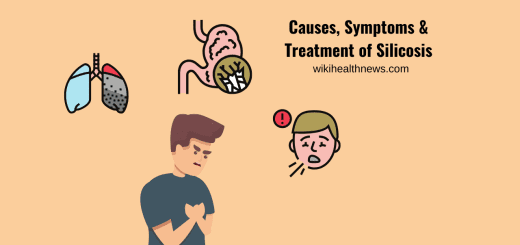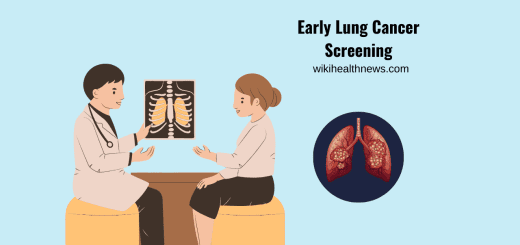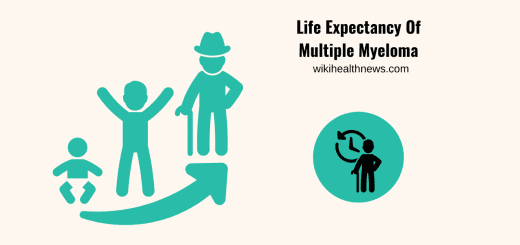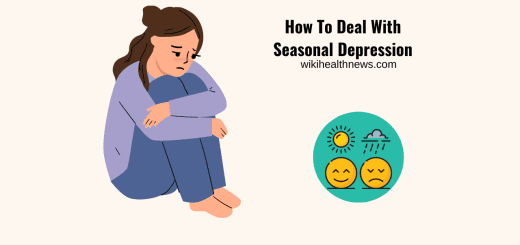Causes and Treatment of Food Toxicities
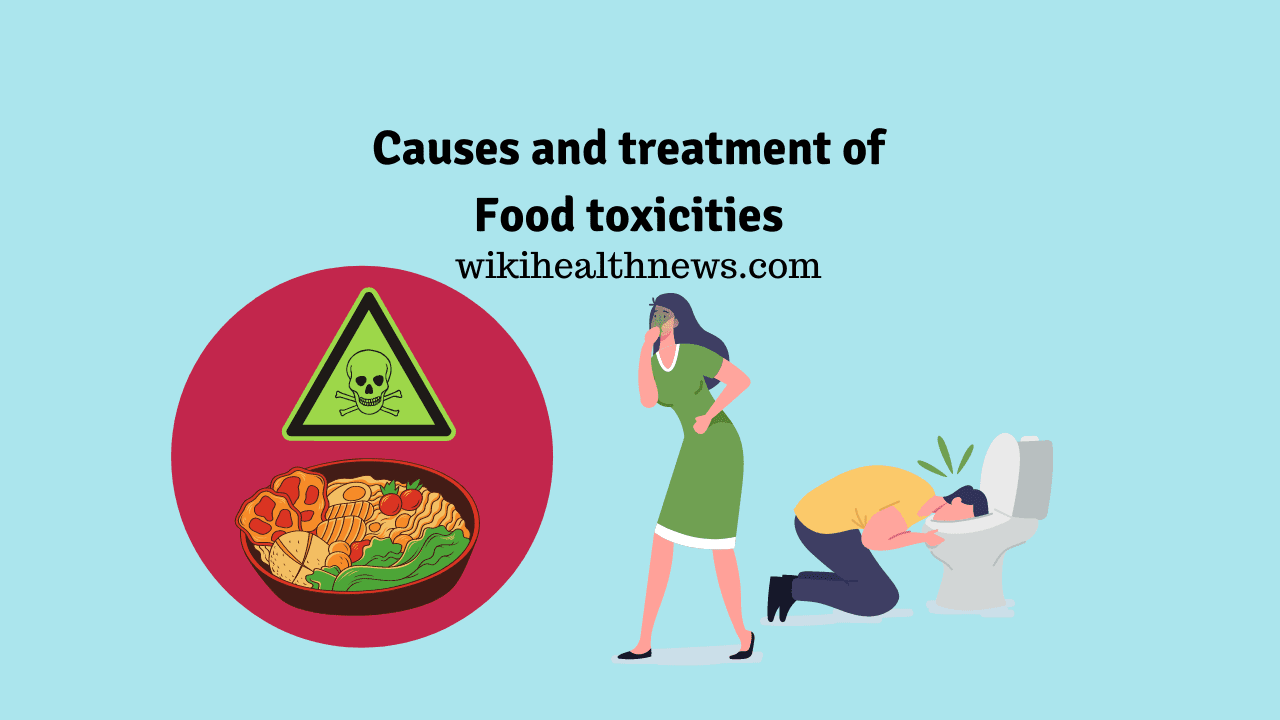
What are food toxicities?
Illness following consumption of food is well known as food poisoning. Foodborne infections occur due to some biological agents. At times foodborne disease outbreak is seen due to intake of a common food. Foodborne illness can occur due to infected food or food with toxin produced by infectious agents. Toxigenic pathogens establish themselves in some food products and produce toxins. These foods when ingested by the human host cause illness. Thus, food poisoning can be of 2 types (a) foodborne infection and (b) foodborne intoxication.
Who is at risk of food poisoning?
Food borne illnesses are more common in people with low immune systems. Furthermore, most severe cases occur in these individuals. The very old, very young children and individuals with compromised immune system function are at risk. Also, healthy people exposed to a very high infection load can suffer. Pregnant women and people with long standing medical illness are more prone to get food poisoning. In addition, medications that suppress immune function also make you vulnerable to food borne infections.
Different types of food borne toxicity
Mushroom poisoning –
Most of the mushroom varieties are safe to consume. However, various types of potentially toxic mushrooms are available in nature. Consumption of these causes sickness. Usually these create a mild illness in human beings. Children are more vulnerable to such poisonings. The seriousness of the disease depends on the amount eaten.
Egg allergy –
Egg allergy is a common phenomenon among children. Although it is not easy to cure, it can be contained with proper education. Avoiding eggs in children is not easy as egg products are staple food products. Usually these allergies cause skin rashes and swelling with itching. In addition, vomiting, and breathing difficulties can be seen in children. Severe cases are rare but can be life threatening. Parents should identify egg products properly and avoid such items. Tolerance to egg and egg products may develop as children grow.
Marine toxin –
Marine food products are popular and taken by people worldwide. However these sea products have hundreds of different types of marine toxins. Severe reactions are seen after consumption of Shellfish and pufferfish. Careful avoidance of ingestion of such seafood be done with proper education.
Symptoms of food poisoning:
Foodborne illness is more commonly a disease which is the result of eating contaminated, spoiled or toxic food. The most common symptoms of food poisoning will include nausea, vomiting, and diarrhea. Most of the people will go through food poisoning every year. These symptoms depend on the source of infection and amount of exposure.
- Abdominal cramps
- Diarrhea
- Nausea
- Vomiting
- Loss of appetite
- Mild fever
- Weakness
- Headache
The symptoms of potentially life-threatening food poisoning which include:
- Diarrhea lasts for more than 3 or more days
- A fever higher than 102F (38.9C)
- Difficulty seeing or speaking
- Signs of severe dehydration, which will include dry mouth, passing little to no urine, and difficulty keeping fluids down
- Bloody urine
These symptoms need medical treatment immediately.
How long does food poisoning last?
Usually food poisoning manifests within hours of ingestion. Severity of such an infection depends on the amount of food taken and the type of infection.
Causes of food poisoning
Most common infectious causes of food poisoning are bacteria, parasites, or viruses. These pathogens can be seen in almost all of the food which is eaten by humans. However, proper cooking kills these infectious agents in food before we consume. Foods eaten raw are common sources of toxicity and should be eaten after proper cleaning.
Occasionally food will come back in contact with the organisms in fecal matter or vomit. This is the most likely to occur when an ill person prepares food and doesn’t wash their hands before cooking. Red meat, eggs, and dairy products are frequently contaminated. Water will also be contaminated with those organisms that cause illness.
Bacteria
Bacteria are the most common culprits in cases of food poisoning. Bacterial causes of food poisoning include:
- E.coli
- Listeria monocytogenes
- Salmonella
- Campylobacter
- Clostridium botulinum
- Staphylococcus aureus
- Shigella
Vibrio vulnificus, these are the most common bacteria which causes food poisoning.
Parasites:
- Food poisoning caused by parasites is also more common than the bacteria. In addition, these parasites spreading through food cause more severe infection. They include:
- Toxoplasma gondii
- Giardia lamblia
- Various tapeworms, such as: Taenia saginata, Taenia solium, Diphyllobothrium latum
- Cryptosporidium
- Ascaris lumbricoides, a type of roundworm
- Flukes such as Opisthorchiidae and Paragonimus
- Pinworm
- Trichinella
Parasites can live in the digestive tract and go undetected for years. People with lower immunity are at risk of more severe disease.
Viruses:
Viruses are also implicated in causing food toxicity. Some of them are:
- Norwalk virus
- Rotavirus
- Astrovirus
- Sapovirus
- Hepatitis A virus: These viruses that cause the liver condition hepatitis a can also be transmitted through food.
Food poisoning treatment:
Food poisoning can usually be treated at home. Here are some ways that can help to treat the food poisoning:
Stay hydrated:
Proper hydration is the mainstay of treatment of foodborne illness. Fruit juice and coconut water help energize and reduce fatigue.
Avoid caffeine which may irritate the digestive tract. Decaffeinated teas with soothing herbs such as chamomile, peppermint and dandelion will help to calm and relieve the upset stomach.
Take prescription medications:
In most cases of food poisoning it settles down on its own without treatment. Others can benefit from medications for the pathogen responsible.
Prescription medications may benefit the people who are older, immunocompromised, or pregnant. During pregnancy, mild and safer antibiotic treatment prevents an infection getting into the baby.
How to prevent food poisoning?
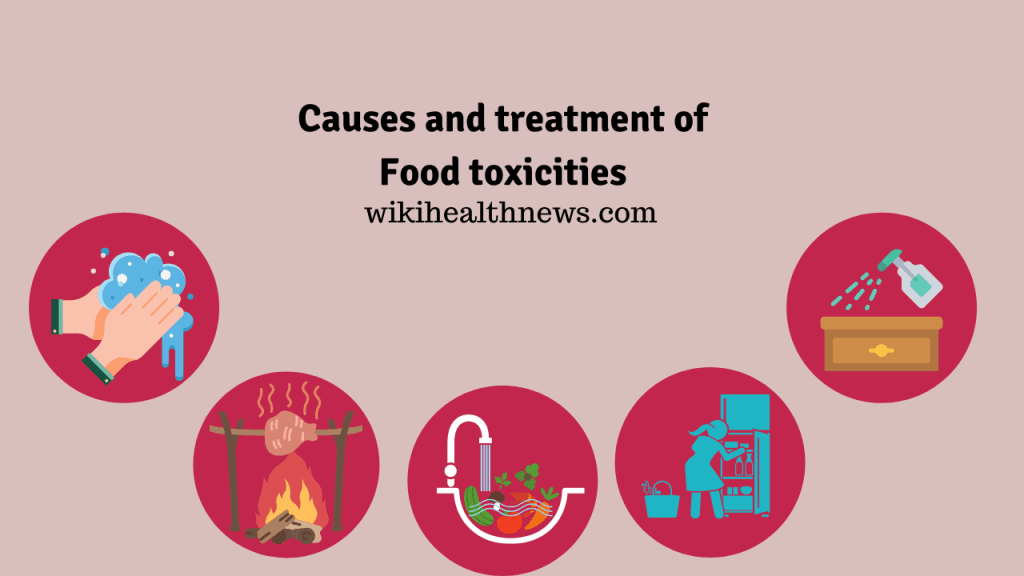
The best way to prevent food poisoning is to handle the food safely and avoid any food that may be unsafe. Some foods are surely to cause food poisoning because of the way they are produced and prepared. Cooking helps in sterilising the following products:
- Meat
- Poultry
- Eggs
- Shellfish
Food poisoning can also occur if these foods are eaten raw or half cooked. Also handling such products is important. If hands and surfaces are not cleaned after contact they may contaminate meat products.
The most other foods that are cause of food poisoning include:
- Meat products that are served raw or undercooked
- Ground beef, which may have meat from several animals
- Unpasteurized milk, cheese, and juice.
- Raw, unwashed fruits and vegetables.
Take these steps to avoid food borne illness
- Always wash your hands before consuming food
- Take precautions in storing food products
- Thoroughly cook meat and eggs.
- Sanitize anything that comes in contact with raw products before using it to prepare other food.
- Make sure to always clean fruits and vegetables before serving them.






